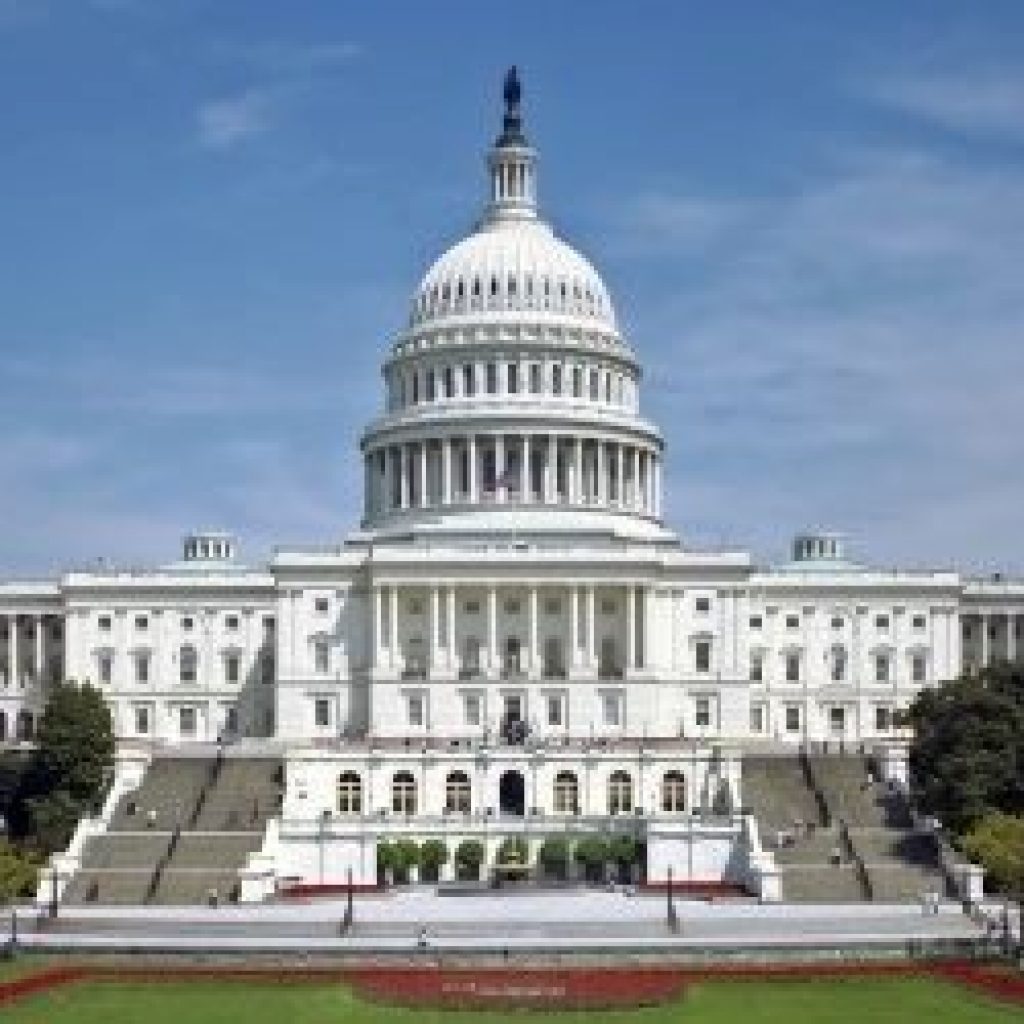(C4ISRnet) A bipartisan pair of senators, fueled in part by a fear of growing competition with China, are set to introduce legislation today in the Senate that is intended to improve Defense Department’s workforce in the quantum computing field. It’s aimed at improving pipelines for the military with the private sector and for students graduating with quantum-related degrees.
The proposed bill is also intended to add Defense Department research efforts into the National Quantum Initiative, a program Washington established in 2018 to accelerate quantum research and development. The initiative is already made up of the National Institute of Standards and Technology, National Science Foundation and Energy Department.
The two bills from Sens. Maggie Hassan, D-N.H., and John Thune, R-S.D., are the QUANTUM for National Security Act, which would impact the Pentagon, and the Quantum Network Infrastructure and Workforce Development Act.
Hassan’s bill would largely tap existing partnerships, scholarships, and research programs within the DoD, but add a focus on quantum computing. It would also add quantum quantum science and technology research to the list of Defense Department modernization priorities.
The bill Thune is leading would, according to a summary, boost quantum information science in federal research efforts, American school curricula and in workforce development.
The bill would build off the establishment of the National Quantum Initiative to “better enable the United States to maintain its global leadership in quantum information science,” and “by supporting existing efforts and accelerating critical growth in the field,” Thune said in a statement
Bipartisan Pair of Senators Introduce Legislation Accelerating Quantum Information Science & Development
